Topics - e-Bulletin
University of Electro-Communications publishes March 2016 issue of e-Bulletin.
The March 2016 issue of the UEC e-Bulletin focuses on the achievements of young faculty members on the UEC tenure track program. The contents include an overview of the 2015 Tenure Track Research Reports Meeting held on 22 March 2016 and research highlights of publications by tenure track faculty members. The highlights introduce research on task allocation and computing the logistics of snow-plowing; graph-based data mining reveals patterns in learning space use; metal mesh filters for calculating pressure drop; and environmentally friendly refrigerants.
Research Highlights
Graph-based data mining reveals patterns in learning space use
http://www.ru.uec.ac.jp/e-bulletin/research-highlights/2016/learning-space.html
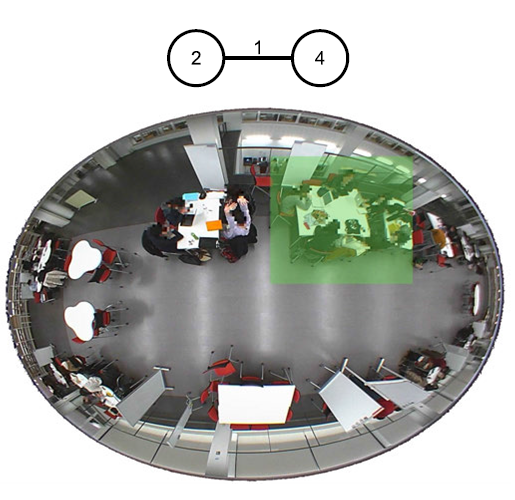
Collaborative learning spaces where users can study and work together require constant review so that the available facilities can be optimised. Present approaches use interviews with users but Kazushi Okamoto at the University of Electro-Communications (the affiliation when this paper published was Chiba University), Hitoshi Asanuma, and Kazuhiko Kawamoto at Chiba University propose a mathematical approach to gather usage information into graphs that can be readily mined to identify usage patterns. They suggest the approach will be useful for planning interviews and providing evidence to support the responses of interviewees.
Task allocation: Computing the logistics of snow-plowing
http://www.ru.uec.ac.jp/e-bulletin/research-highlights/2016/task-allocation.html
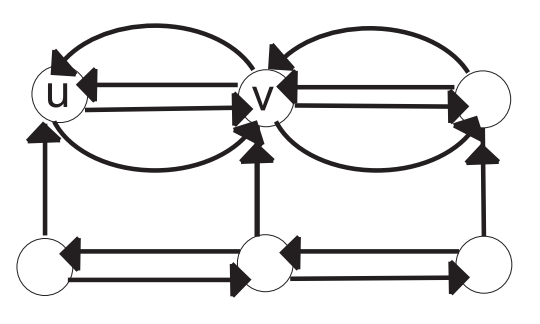
In winter, snowfall can rapidly disrupt daily life and impact on Japan's economy. Snowplowing is a considerable annual expense, and methods for co-ordinating plowing activity are needed to ensure an efficient, cost-effective service. Clever computer models are needed to manage such complex activities, which involve many agents and interactions.
Metal mesh filters: Calculating pressure drop
http://www.ru.uec.ac.jp/e-bulletin/research-highlights/2016/pressure-drop.html
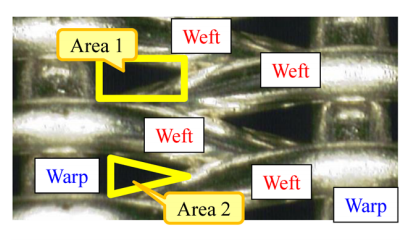
Metal woven meshes are used extensively as filters in multiple industrial settings, including the petrochemical and pharmaceutical industries. The meshes are carefully designed to allow only particles of a certain size to pass through apertures between the warp and weft. Two types of mesh - the plain Dutch weave and twilled Dutch weave - are particularly desirable because they have high mechanical strength, tiny apertures, and high pressure / heat resistance. However, because of the complexity of the flow paths that fluids take through these meshes, overall flow pressure drops as fluid is filtered.
Environmentally friendly refrigerant measures up
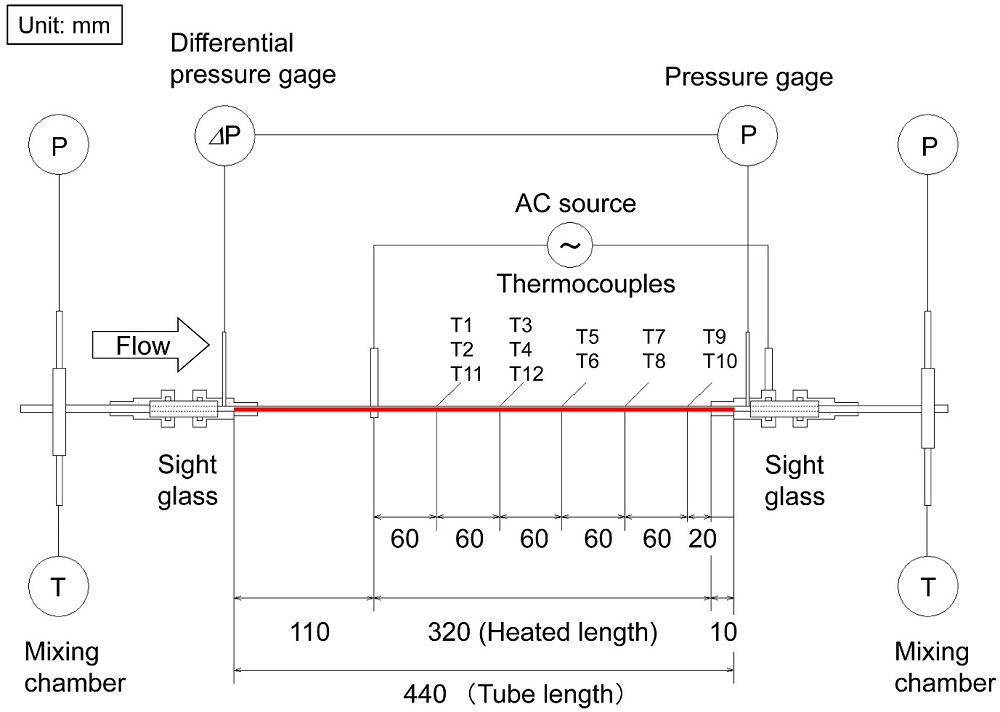
The fluid flow and heat transfer characteristics of refrigerants in narrow tubes is important for designing heat exchangers for air-conditioning systems. While standard refrigerants have been well investigated, environmental concerns have prompted the development of refrigerants with lower global warming potential, and the properties of these alternatives have been less well studied so far. A collaboration of researchers in Japan has now reported on the refrigerant R32, which has a low global warming potential.
Topics
2015 Tenure Track Research Reports Meeting
http://www.ru.uec.ac.jp/e-bulletin/topics/2016/2015-tenure-track-research-reports-meeting.html
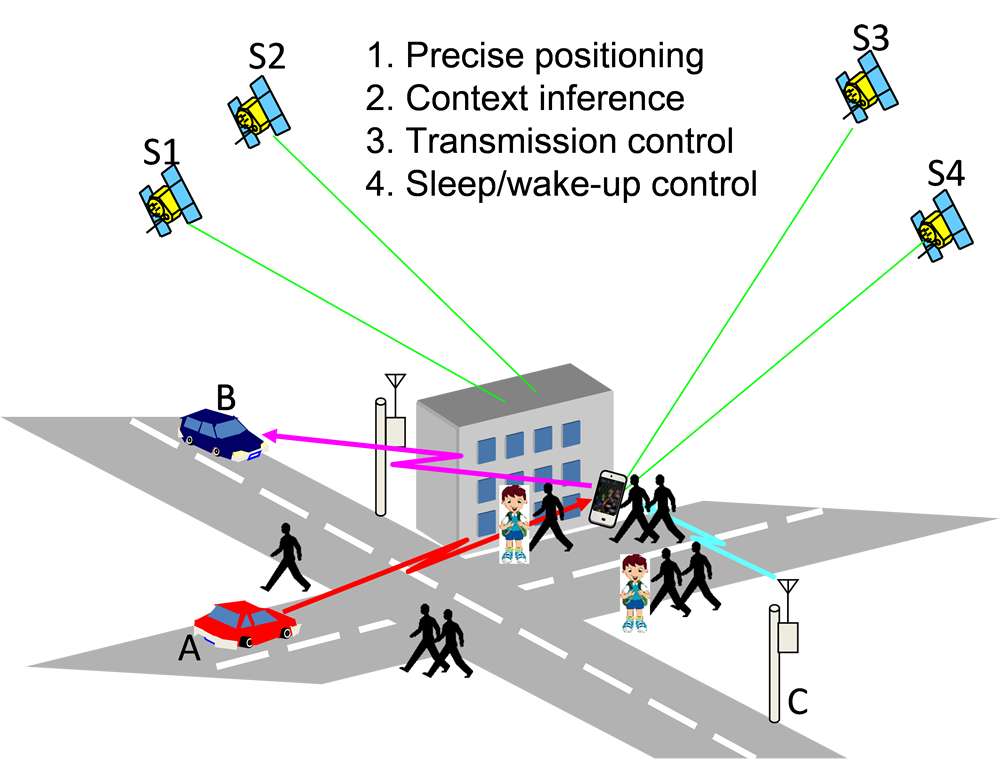
Faculty members of the University of Electro-Communications, Tokyo (UEC, Tokyo) Tenure Track Program presented their latest research findings at the "2015 Tenure Track Research Reports Meeting", held between 16:00 and 18:00 on 22nd March 2016.

